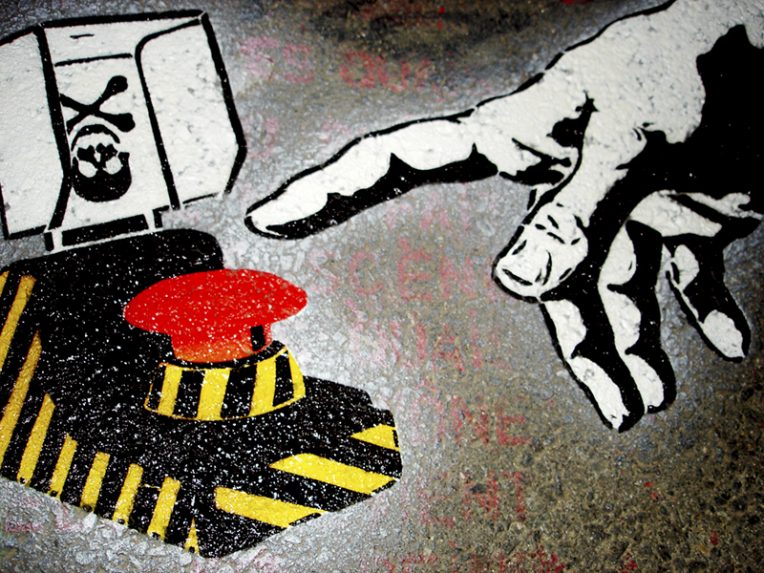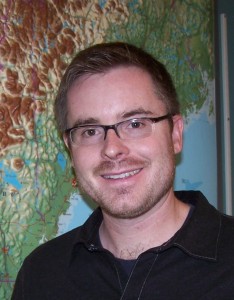Why are humans bent on self-destruction?
The assumption behind this question is that humans are in fact tending toward self-destruction, perhaps even knowingly. This assumption is debatable: Even the most pessimistic of observers must admit we are an ingenious species with a remarkable ability to innovate our way out of problems.
Appears InThat said, on multiple fronts, the news these days is not good, especially regarding our collective will and capacity to address environmental crises—anthropogenic climate change being the prime example. Here, the problem’s cause, at least in the immediate sense, is not mysterious: Humans do things, like burning fossil fuels (coal, oil, natural gas), that put carbon into the atmosphere, which traps heat and contributes to the warming of the planet.
The deeper cause—the reason why we keep doing these things, despite abundant evidence that they are putting humanity at risk—is a more vexing question. One prevalent explanation focuses on psychological factors—pointing to, for instance, our apparent indifference to dangers that are not immediately experienced. Another popular explanation is that our road to ruin is being paved by powerful actors, such as “evil,” “greedy” oil companies who would sacrifice the Earth on the altar of profit. There may be aspects of truth in these explanations. Nonetheless, they are both limited in their focus on the decisions and (supposed) qualities of particular actors—consumers, companies, etc.—without examining the broader contexts in which these actors operate.
For me, the most persuasive analyses of our environmental crises indeed focus not on individual actors, but rather on the complex, historically specific ways humans organize their relationships with themselves and with the natural world, in particular by working to understand the social systems and structures that enable some actions and constrain others. Explanations like these tend not to point to easy solutions. Yet, by locating the cause of our predicaments in systems and structures that have been made by humans (as opposed to blaming some deep-seated, unchanging “human nature”), they are in the end hopeful: If we have made something, after all, we can also unmake it.
Matthew Himley; associate professor, Department of Geography, Geology, and the Environment
Our top faculty experts answer questions from the Illinois State University community in the “Ask a Redbird Scholar” section. To submit a question, email Kevin Bersett at kdberse@IllinoisState.edu or tweet it to @ISUResearch. Chosen questions and answers appear in each issue of Illinois State’s new research magazine, the Redbird Scholar. To read other “Ask a Redbird Scholar” posts, visit IllinoisState.edu/RedbirdScholar.


